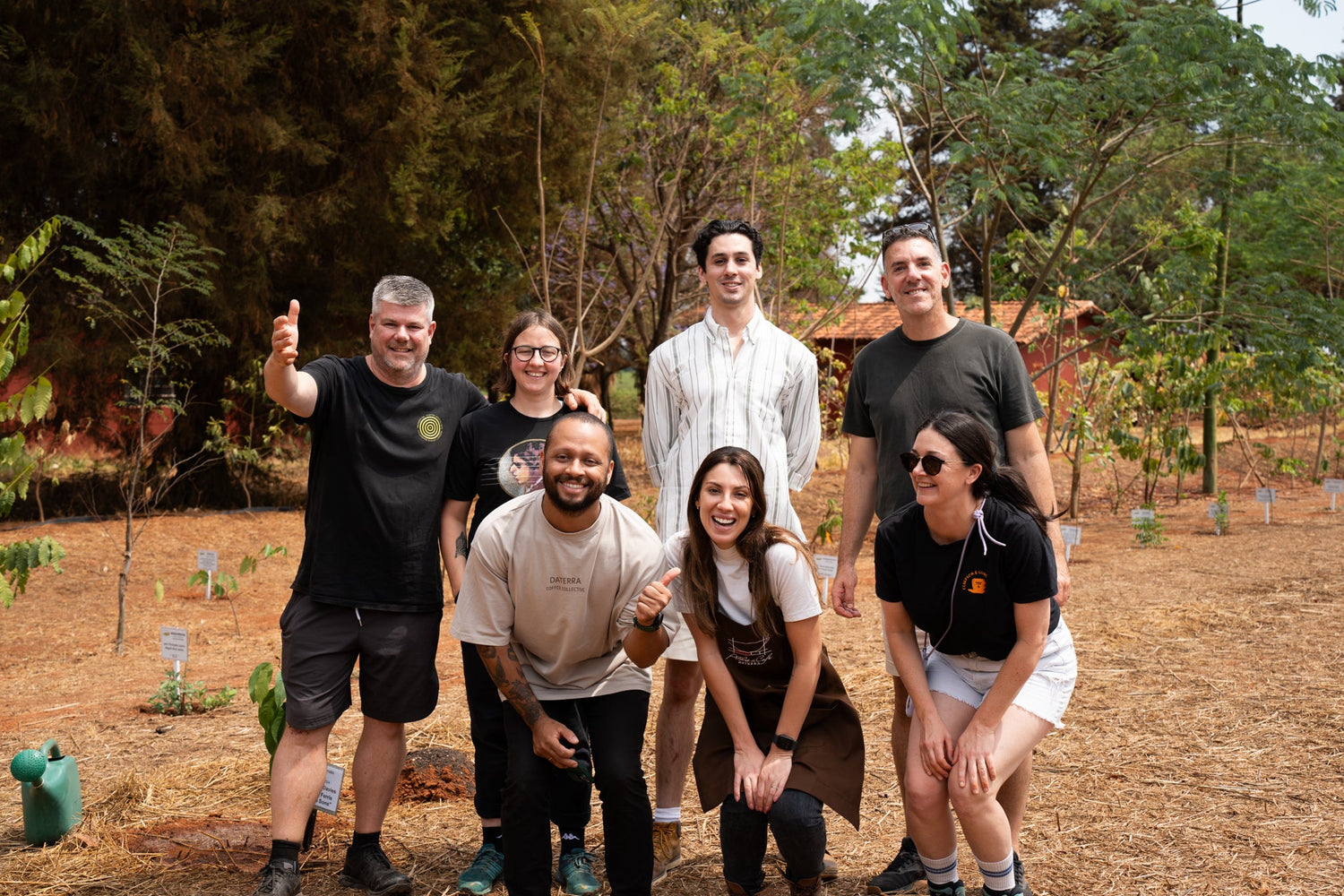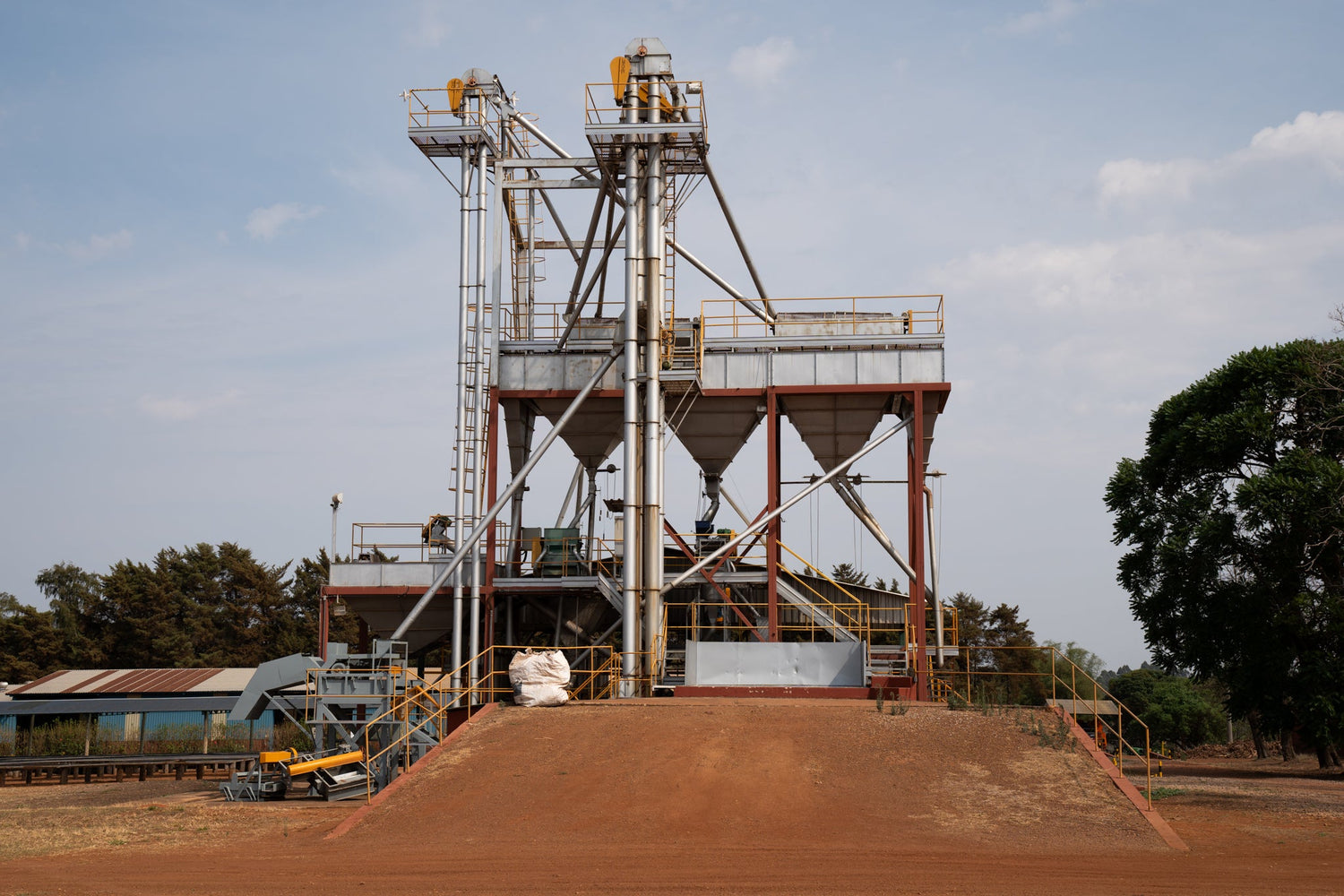This Is Your Mind on Plants by Michael Pollan. Book Review by Becky Wooden, Climpson & Sons Marketing Coordinator @rebwooyoga
“Humans have identified plants that lift the burden of physical pain; render us more alert or capable of uncommon feats; make us more sociable; elicit feelings of awe or ecstasy; nourish our imagination; transcend space and time; occasion dreams and visions and mystical experiences; and bring us into the presence of our ancestors or gods. Evidently, normal everyday consciousness is not enough for us humans; we seek to vary, intensify, and sometimes transcend it, and we have identified a whole collection of molecules in nature that allow us to do that.”
This Is Your Mind On Plants is an exploration of the history, science and personal impact of plants to affect our state of mind. Exploring our unique desire for these plants, Pollan’s book takes a particular focus on the stories and impact of opium, mescaline and crucially for our industry, caffeine. In his book, the direct relationship of humans to nature is dissected when we take these plants into our bodies, allowing them to change our minds and engage ourselves with nature in one of the most profound ways we can. I take to the task of following in the footsteps of his experiment, to experience the effects of caffeine withdrawal and that first-cup-back high for myself.
While acting as a journal drawn from personal experiences of the author, the book also unpacks the cultural significance of these plants and the social impact that can be observed from the way they affect the brain. He explores how caffeine proposes itself as the optimal daily solution to the problems of tiredness, often created by a lack of sleep caused by the very caffeine consumption we then crave. A vicious cycle if ever I saw one. We then receive a balanced observation on the role of caffeine in the rise of capitalism and its ability to increase productivity powered by the enforced ‘coffee break’ as well as freeing the worker from the 24 hour cycle of day to night that agricultural work was forced to live by. The scheduling of our working days is dictated by the use of caffeine.
“But the most important contribution that caffeine made to modern work—and, in turn, to the rise of capitalism—was to liberate us from the fixed rhythms of the sun, an astronomical timepiece that also sets the clocks of our bodies. Before caffeine, the whole idea of a late shift, let alone a night shift, was inconceivable—the human body simply would not permit it. But the power of caffeine to keep us awake and alert, to stem the natural tide of exhaustion, freed us from the circadian rhythms of our biology and so, along with the advent of artificial light, opened the frontier of night to the possibilities of work.”
When describing specialty coffee, we are drawn to the elaborate flavour descriptions and comparisons to an endless range of fruits, nuts, sweet profiles and earthy parallels. However would these flavours and aromas ever have been dissected and analysed if not for the presence of the 1,3,7-trimethylxanthine molecule (that’s caffeine to you and me) creating the perfect storm for it’s consumption to grow? Would the coffee culture as we now know exist minus the caffeine?
After a three month stint caffeine-free for the purposes of writing the book Pollan breaks the caffeine abstinence with a flat white (or strangely called a ‘special’ in the US) at his local coffee spot. He describes a regular, daily and necessary consumption as hitting a baseline, of maintaining its need and desire like day turning to night. On the other hand, this first shot back after a significant cold turkey period provides a euphoric experience for the writer.
The book is set for release in seven days time (8th July 2021), so sadly at the time of writing I didn’t get three months to try and reach Pollan’s joyful highs. Instead I set myself to the task of a much more manageable one week without caffeine.
Working around coffee, the option to get caffeinated is always available. I’ve cut down my coffee consumption since the heady days of working in the cafe, constantly tasting and analysing filter coffees throughout the shift as well as kick starting the day dialling in espressos at 6.30am. Now my caffeine consumption sits at a pretty reasonable one cup of breakfast tea, and one cup of coffee per day. Typically a filter or the odd flat white. Caffeine has always affected me significantly and I’m definitely not a person that can drink coffee throughout the day without feeling the impact, so a week without caffeine intrigues me. How will it affect my productivity? Focus? Emotional state? As a keen runner I can’t help but think of the positive or negative impact a cup of coffee could have on performance, speed and that motivation to get up and go.
The first two days of my experiment fly by in a haze of nothing but the usual pandemic induced brain fog. I’m definitely craving my usual cup of tea first thing in the morning, but this is easily replaced with a fresh peppermint and a decaf flat white later in the day. By the fourth day I’m noticing a solid sleep pattern of a regular 8 (or even 9, phwoar) hours a night. However this hasn’t directed into the fresh faced brightness you might expect, as I continue to feel a little sluggish through the days without that first coffee to pick-me-up. In particular I’m noticing a slight lack of focus in my attentiveness, flicking from one task to another through the working day. I think of Pollan’s notes on the distinction between a ‘spotlight’ and ‘lantern’ consciousness (“Cognitive psychologists sometimes talk in terms of two distinct types of consciousness: spotlight consciousness, which illuminates a single focal point of attention, making it very good for reasoning, and lantern consciousness, in which attention is less focused yet illuminates a broader field of attention.”) I consider if my skills of a spot lit attention are entirely dependent on at least a drop of coffee.
I am also drawn to the idea of caffeine’s effect not being restricted to the ‘mind’ as isolated but as impacting an integrated thinking and feeling bodily system. Caffeine has been a sure fire way to find motivation for a morning run, and is often somewhat of a ritual for runners and cyclists looking to fuel their workout. Heading out for a reasonable 10k without my usual cup of tea beforehand and the promise of a coffee after feels less appealing, but the run is enjoyable, almost relaxed and passes in a flash.
Seven days later and I wake to a particularly welcome cup of breakfast tea. Whether habit, ritual or genuine caffeine effect, the morning feels brighter already. I follow up with a flat white (Broadway Blend, if you’re interested) and the buzz is instantly noticeable, as is the ever so slight crash towards the end of the day. Of course, just seven days without coffee is not nearly enough to produce any true data. My mental state over the week feels like a bit of a mixed bag, with a noticeable solid sleep pattern, but certainly a lack of direct and clear focus. And so my conclusions are inconclusive, but an interesting experiment nonetheless.
While the experiential research of coffee on mental state is truly fascinating, it’s the weaving of this physiological dependence with the historical impact of slavery and the global rise of commercial coffee consumption and production where Pollan’s book truly comes into it’s own. It’s these deep-set lines of a plant seeded across political territory for financial gain of the West that still determine the supply chain of a cup of coffee to this day. Pollan writes of the patrons of London’s coffee and tea houses of the late 18th century being blind to the sins of slavery and imperialism both fuelled by, and feeding their coffee habit (“How many tea and coffee drinkers in Europe had any idea that their sober and civilised habit rested on the back of such brutality?”).
Although as an industry, we have taken huge steps to connect our consumers to the production and processing of our coffees, as well as following ethical sourcing protocols to ensure our coffee drinking habits are supporting independent business people the world over, I can’t help but think there is a further step to be taken in our origin storytelling. We must aim to connect those that frequent our modern day coffee houses ( … be them marble counter topped bars, hole in the wall takeaway joints or scandi interior-ed havens) with the historical impact of the coffea plant transported across oceans, alongside slaves cruelly taken from their homes to produce it. Pollan’s work takes a great step towards beginning to uncover this complex and challenging story. I do suggest you read it.
Head to our Instagram for a chance to win one of three copies of This Is Your Mind On Plants by Michael Pollan or purchase a copy from Penguin Books here. Competition ends Thursday 15th July.



